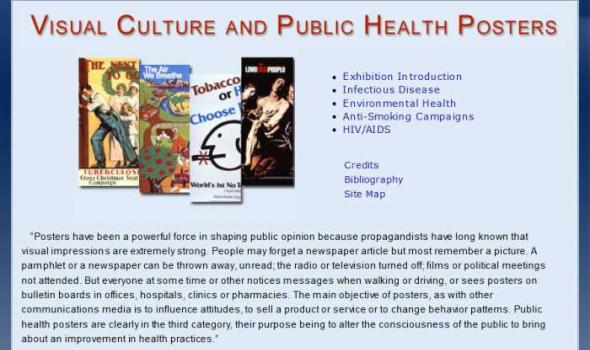Engraving
Introduction Online Exhibition In 1986, Baker Library issued an exhibition catalog titled Coin and Conscience: Popular Views of Money, Credit and Speculation: Sixteenth through Nineteenth Centuries. Catalog of an Exhibition of Prints from the Arnold and S. Bleichroeder Collection, Kress Library of Business and Economics, written by Ruth Rogers, then curator of the Kress Library at Baker Library. The images selected by Ms. Rogers for inclusion in the catalog represent the major thematic divisions of the Bleichroeder Collection , while also displaying its geographic and stylistic diversity. The publication provides introductory text, detailed descriptive information about seventy prints from the collection, an artist index, and a bibliography for further study.
About The Collection The Speculum Romanae Magnificentiae is a collection of engravings of Rome and Roman antiquities, the core of which consists of prints published by Antonio Lafreri and gathered under a title page he printed in the mid-1570's. Copies of the Speculum vary greatly in the number of prints, and individual prints were reissued and changed over time. The University of Chicago Library's copy of the Speculum Romanae Magnificentiae contains nearly 1,000 prints and is the largest in the world. The Library's copy arrived in the 1890's as a part of the Berlin Collection, a large lot of books and manuscripts purchased for the Library from S. Calvary and Co. in Berlin.
In recent years, scholars in many disciplines have recognized that the literally thousands of engravings, wood blocks, and etchings in emblem books constitute an unparalleled source not only for the study of daily life of the sixteenth and seventeenth centuries but also for extraordinary insights into what the intellectuals of the times viewed as a necessary adjunct to heraldry, social life, politics, philosophy, and moral behavior. The English emblem books scanned for this project are cultural artifacts frequently used in the analysis of reading practices, printing history, Elizabethan popular culture, the use of allegory, and the relationship of word to image.
America's First Illustrator: Alexander Anderson Sixteen scrapbooks, containing close to 10,000 wood-engravings by 19th-century master illustrator Alexander Anderson. Collection History Sixteen scrapbooks, containing close to 10,000 wood-engravings by 19th-century master illustrator Alexander Anderson. Background Alexander Anderson (1775-1870) is considered one of America’s earliest and finest wood-engravers. During a career spanning seventy years, he produced a large number of illustrations for books, periodicals, newspapers, and other commercial ephemera, after both his own designs and those of other artists. Related Resources Books illustrated by Anderson are available in large libraries with strong 19th-century holdings, including NYPL.
























